|
Database statistics |

|

|
|
|
Database statistics |

|

|
Database statistics
Whenever you open the games list of a database you can immediately access statistical information about the database you have loaded.
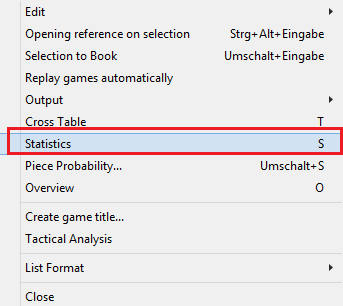
Right click – Statistics or key S
In the start dialog the statistics function shows a great deal of information, e.g. the number of games, results and the average rating for the database loaded.
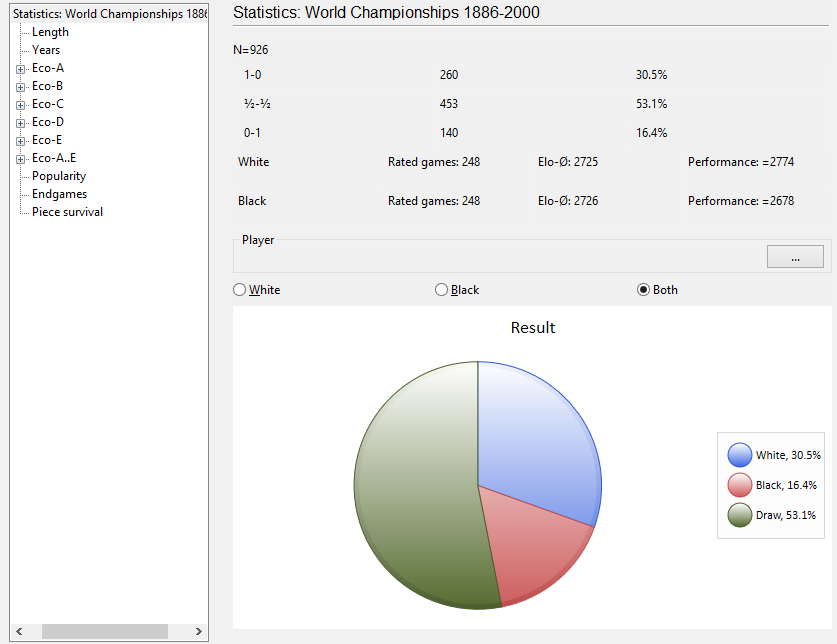
It is possible to search directly from the dialog box for the results of a specific player

As soon as the player’s name has been input, the relevant entries from the list of players are displayed from the index and the individual results are listed opposite the player.
The choice of colours is selected under “White/Black” or “Both”.
The headings Length/Years/ or Eco show the length of games, the number of years in which they were played or an overview of the games according to the classification system of the Chess Informant. The interpretation of the results is self-evident.
Here is an example of the division of the games according to the years in which they were played.
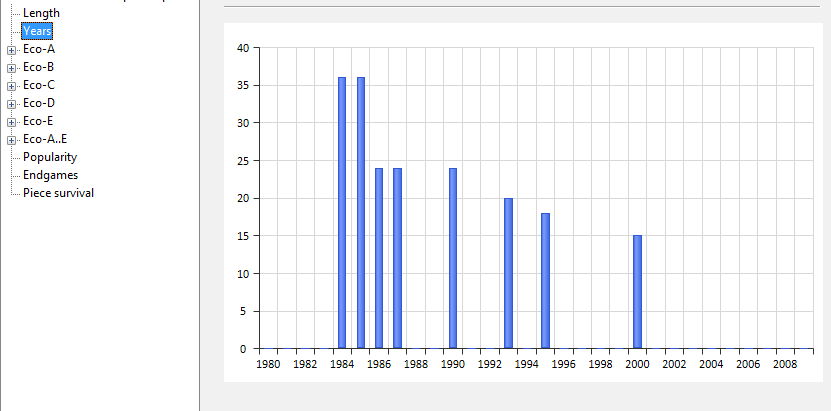
In the chart the bottom axis gives the year, the left-hand one gives an overview of the number of games played.
Within the games list of a database you can play through games directly without having to specifically load these into the board window. This alternative option is especially useful when you are taking a quick look at games in a database.
Are you interested in statistical information on games which were played in a specific opening variation?
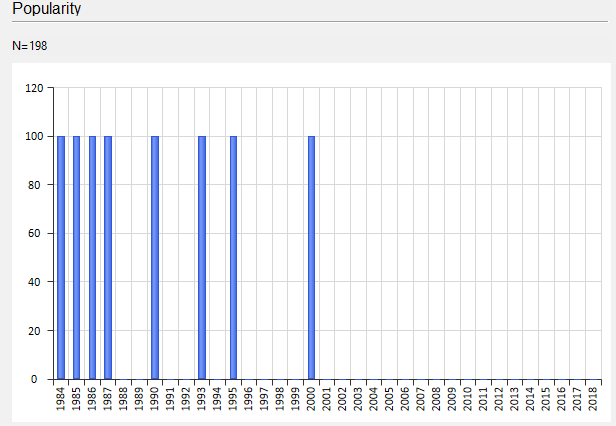
The position serving for the classification is displayed including the distribution of the ratings and the number of games. Under Endgames you see the possible endgames which occurred in the games n the database with the selected opening variation.
How long pieces remained on the board is shown by the statistics function.
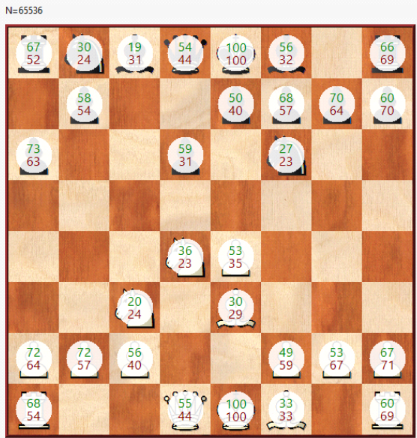
Take the example of the black rook on a8. How do we interpret the values displayed?
The rook on a8 survives in 67% of the games and remains on the board until the end of these games.